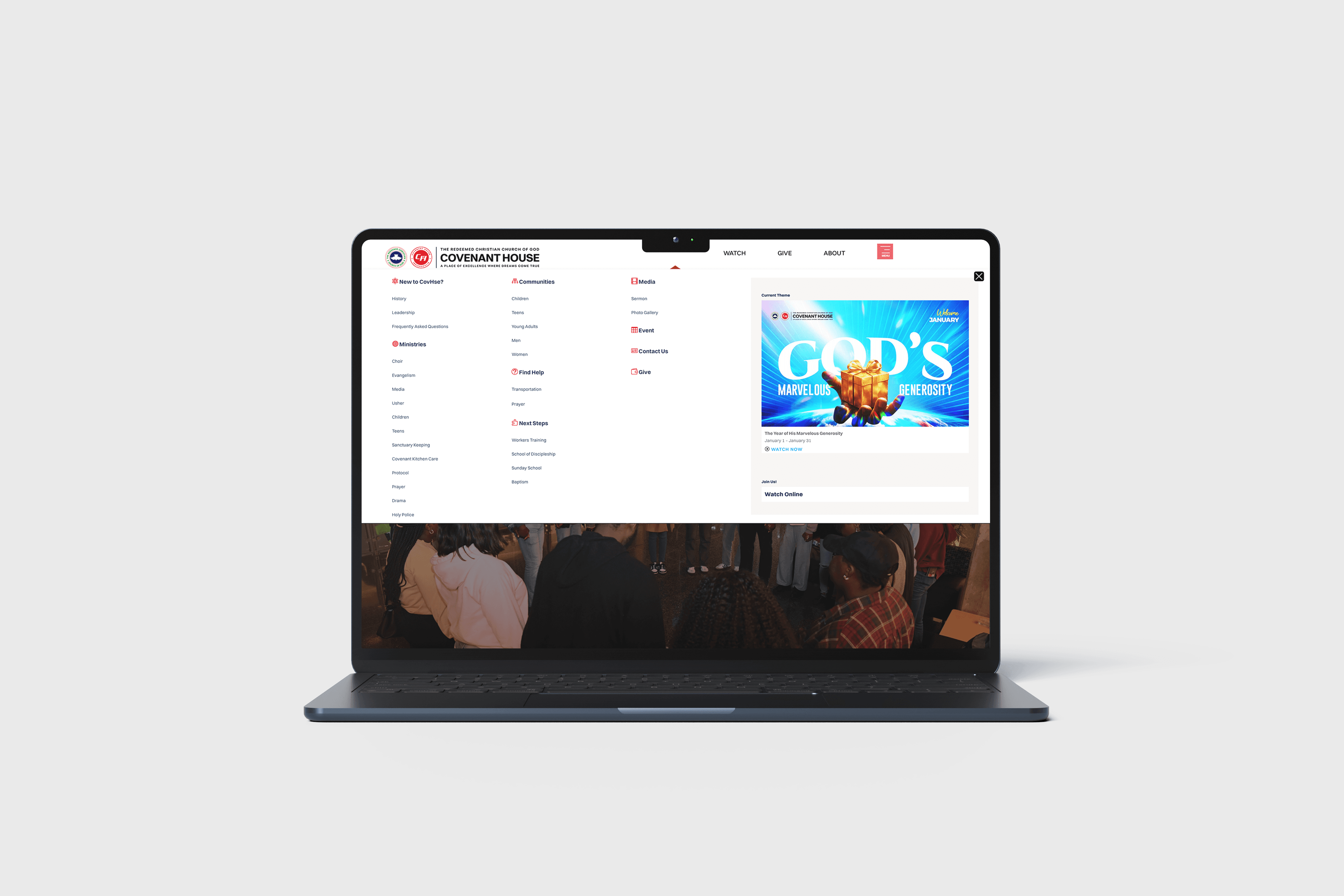Boosting Student Connections on Campus
Mobile Application
B2B
Saas
8 Mins Read
Overview
New university students often face social integration challenges, leading to isolation and difficulty engaging in academic life. These issues include starting conversations, understanding assignments, and participating in discussions.
We designed an intuitive app to help students connect, collaborate, and feel supported. The goal was to simplify interaction, encourage regular use, and support academic communication through seamless UX.
By focusing on user needs and pain points, we created a solution that fosters student connections and builds a stronger sense of community on campus
My Role
Product Designer
What did I do?
User Research, User Flows, Framework, Wireframing, Copywriting, High Fidelity Prototype, Branding, Visual Design
Duration
3 Months
Team
Nidhi, Shivani, Omar, Ife
Defining the problem
Through conversations with first-year students, orientation leaders, and academic staff, we discovered a common challenge: many new students felt isolated and unsure how to connect socially or engage in class. Despite being in a shared environment, starting conversations and navigating academic expectations felt overwhelming. These insights led us to define a clear problem:
New university students struggle with social integration
Goal and Objectives
To design an intuitive app that fosters meaningful student connections and supports collaborative learning in a user-friendly way.
Facilitate both social and academic relationships among students to reduce isolation and promote engagemen
Design an intuitive interface that’s easy to navigate and encourages regular use
Address real student challenges by incorporating user feedback and focusing on their needs.
Research and Insights
New students step into university eager to connect but often end up navigating campus life in isolation. They want ways to meet new people, collaborate on coursework, and feel in control of what they share. To better understand these needs, we conducted observational research and interviews that revealed key patterns in student behavior
Over 70% of observed students were studying independently.
Less than 20% of observed groups included unfamiliar individuals.
Over 50% of students were not actively participating in lectures.
55% of observed students were not engaged during lectures.
We identified two key student personas who face challenges in making meaningful connections and building a sense of community in a new academic environment

The Achiever
As a hardworking computer science student, Chris Miller is driven to expand his professional network to deepen his academic understanding and achieve his goals.
He needs an efficient platform to build a strategic network that enhances his expertise

The Collaborator
Fatima Stone is a biology student who learns best by studying with others. She wants to efficiently form study groups to help her earn her degree, avoiding unstructured socializing that wastes time.
She needs a focused tool to find compatible study partners for effective learning
3 Key Points to Solve
Address the initial difficulty of finding and making relevant academic connections by facilitating targeted introductions between students
Provide specific tools that allow students like Fatima and Chris to easily organize focused study groups and learn from each other effectively.
Create a dedicated space, like discussion forums, for students to engage in ongoing academic conversations to deepen their understanding.
Story Boards
This visually illustrates how a user engages with the application. A scenario offers a step-by-step depiction of the user's journey while using the product.
Affinity Diagram
To synthesize data from our qualitative and quantitative research, we used affinity mapping. This process involved grouping diverse user perspectives into key themes, which created a structured overview of core problems and potential solutions.
We sketched several initial concepts to capture the core structure and pave the way for a more comprehensive, iterative design process
🎓 Effortless University Onboarding
Instantly join your campus network by verifying your school email. Guided profile setup to connect you with relevant courses and classmates. Mobile-first design for finding study groups and friends on the go.












🤝 Discover & Join Communities
Browse existing study and social groups tailored to your courses and major. View detailed group info to find the perfect fit before joining.Instantly create your own private or public groups for projects and interests.











🌐 Build Your Network
Find and search for specific people within your university network.Check profiles to learn about classmates' courses and academic interests.Connect directly with peers and manage your messages in a private inbox.












Challenges Faced
Balancing Feature Density & Clarity
Creating an application that felt both comprehensive and uncluttered was a primary challenge. The initial home screen was crowded with multiple actions, which confused users and obscured the primary pathways for connection and collaboration.
🔍 Approach
Dedicated Group sections to clearly separate academic study groups from social ones, allowing users to find relevant communities quickly.
A distinct Events area with clear "RSVP" functionality and information, creating a familiar experience for managing schedules.
Focused Profile pages with clear "Edit" and privacy controls, giving users a sense of ownership and security over their information.
While designing these, we worked from user feedback to establish clear components and user flows, ensuring an intuitive and scalable implementation.
The Results
After implementation, Frengo transformed the way students connect within their university, driving focused collaboration and fostering a stronger sense of community.
MY TAKEAWAYS
What I learned
Designing Frengo was a deep dive into the real-world challenge of fostering connection and community within an academic setting. Here are my key takeaways:
A clutter-free, intuitive UI that clearly separates different functions (e.g., study groups vs. social events) is crucial for helping users find what they need and connect with others efficiently.
While broad socializing is an option, users are most engaged when given tools for a specific purpose like forming a study group or discussing a class topic which leads to more meaningful interactions.
Giving users clear control over their profiles and privacy settings, as identified in usability testing, is fundamental to making them feel safe and willing to participate in a community platform.
Selected work
[2022 -2025]












